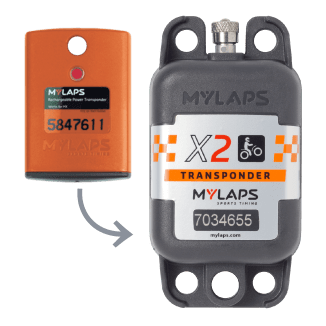
transponder or tran·spon·dor [tran-spon-der] ExamplesWord Origin noun
- a radio, radar, or sonar transceiver that automatically transmits a signal upon reception of a designated incoming signal.
Origin of transponder First recorded in 1940–45; trans(mitter) + (res)ponder Examples from the Web for transponder Contemporary Examples of transponder
The tripwire for an unfolding plot to take control of the flight would be the transponder, operated by a switch beside the pilots.
Who Gagged the Search for MH370?
Clive Irving
June 22, 2014
However, to use the phrase “switched off” in relation to the transponder and the ACARS was in itself prejudicial.
Who Gagged the Search for MH370?
Clive Irving
June 22, 2014
With so much else crumbling, the transponder lies at the heart of this great mystery.
Malaysia’s Sinister Timeline for Flight 370 Unravels
Clive Irving
March 18, 2014
Government officials now admit the data system and transponder quit communicating after the pilots said things were OK.
Malaysia’s Sinister Timeline for Flight 370 Unravels
Clive Irving
March 18, 2014
The moment the transponder turned off means everything to the investigation—and it happened after the pilots said things were OK.
Clive Irving
March 17, 2014
British Dictionary definitions for transponder transponder transpondor noun
- a type of radio or radar transmitter-receiver that transmits signals automatically when it receives predetermined signals
- the receiver and transmitter in a communications or broadcast satellite, relaying received signals back to earth
Word Origin for transponder C20: from transmitter + responder Word Origin and History for transponder n.
1945, from trans(mit) + (res)pond + agent noun suffix -er (1).
transponder in Science transponder [trăn-spŏn′dər]
- A radio or radar transmitter and receiver that responds to an incoming signal either by broadcasting its own predetermined signal (as in aircraft identification systems) or by relaying the incoming signal at a different frequency (as in satellite communications).
 Liberal Dictionary English Dictionary
Liberal Dictionary English Dictionary